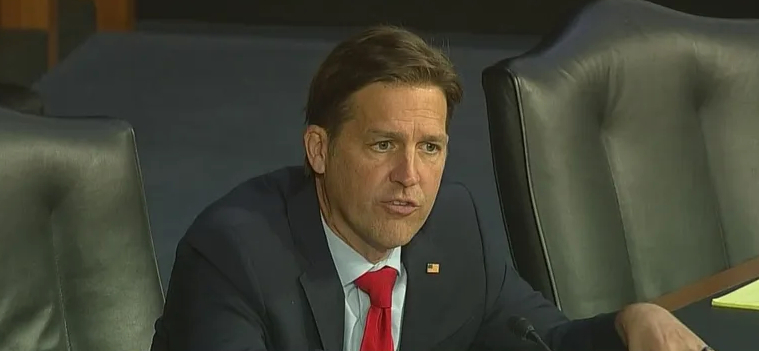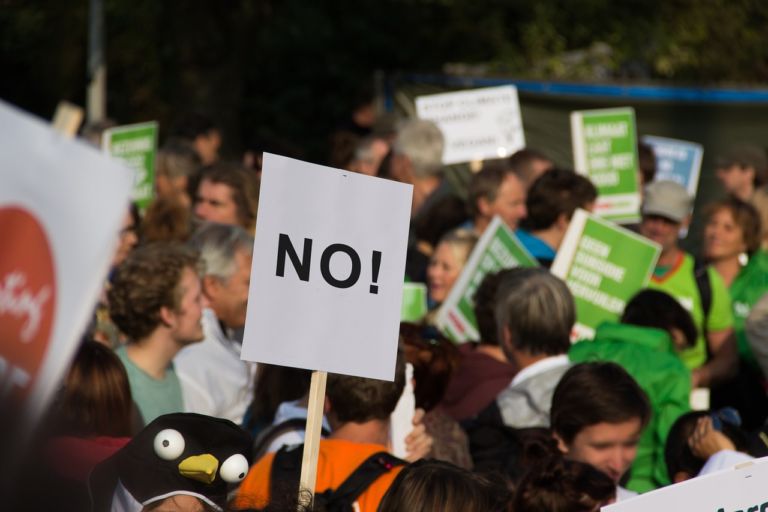Rich Lowry of National Review Online delivers a warning about the Arab influence on American public opinion.
The old conventional wisdom was that the U.S. couldn’t be too pro-Israel for fear of inflaming “the Arab street.”
The new conventional wisdom will have to be that we can’t be too pro-Israel for fear of inflaming “the Western street.”
The Arab street, a hoary cliché of commentary on the Middle East for decades, was a reference to public opinion in the Arab countries, with the strong implication that if we offended it, the result would be massive anti-Western demonstrations and perhaps violence.
Well, here we are, with this dynamic playing out throughout the United States and other Western countries. We have offended the new Arab street within our own societies. In response, it has lashed out in mass protests, intimidation of Jews, antisemitic chants and graffiti, property damage, and anti-patriotic acts and sentiments.
It is hardly the global intifada that speakers at these events call for, but it is significant agitation. Left-of-center political parties will take it seriously, and the Biden administration — hesitant to speak of antisemitism without reference to fashionable Islamophobia, as well — has already been influenced by it.
Clearly, the action on the streets and on campus is also meant to unsettle Jews, who are left wondering how it is that they’ve become targets of pro-Hamas forces in their own country.
The Arab street in the West is not literally Arab, although Muslim immigrants and their children, along with foreign students, are clearly a large component. Woke young people who come by their anti-Israel views via intersectional politics, along with traditional left-wing and anti-war activists, play a big role, too.
It makes for a noxious mix. The West’s Arab street mobilized in the immediate aftermath of October 7 before Israel even had the chance to mount any substantial response. It inveighed against Israel on principle even after an unspeakable pogrom.


